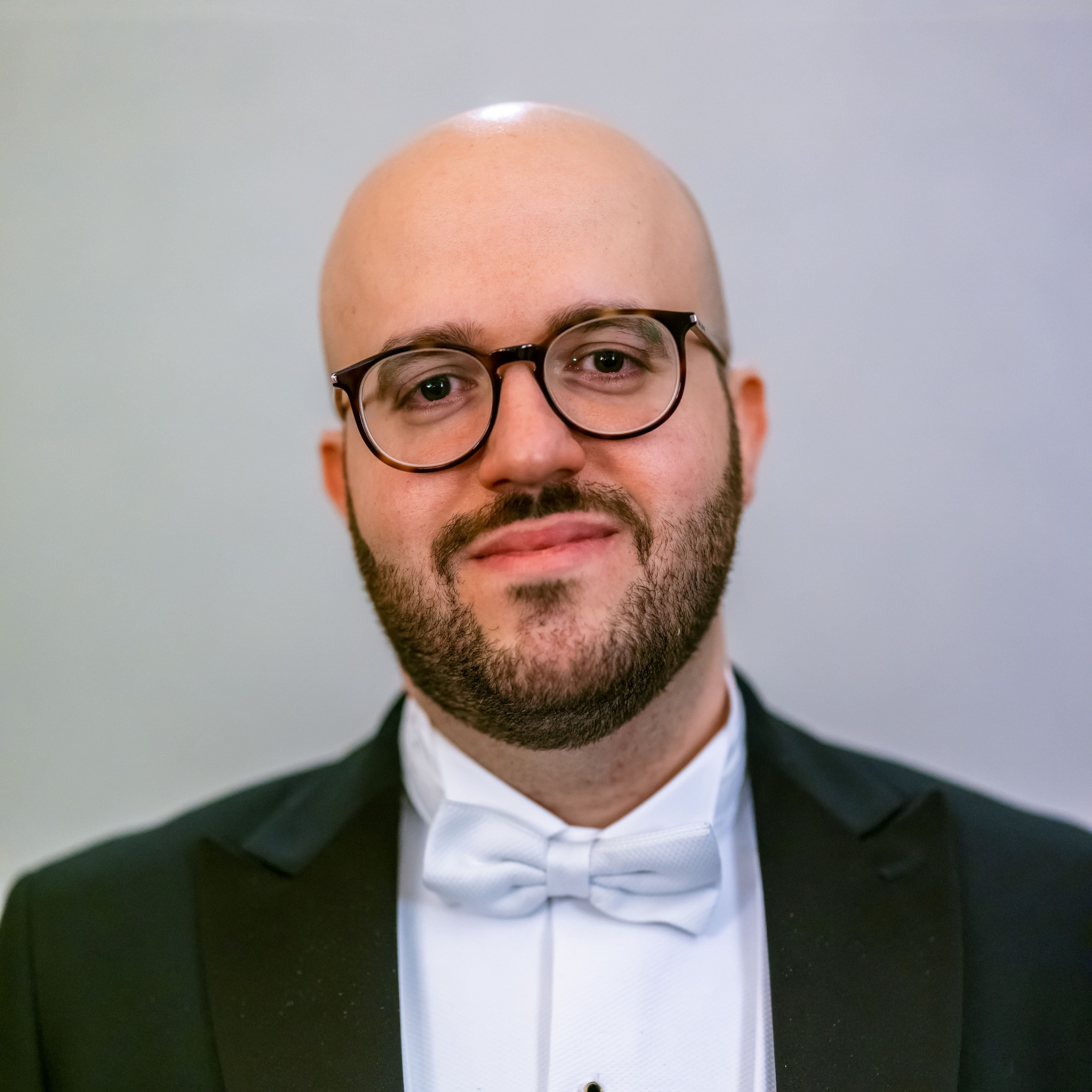About Me
I am a distributed systems researcher at NVIDIA. I completed my doctoral studies in the Network Systems Laboratory (NSLab) at KTH Royal Institute of Technology under the supervision of Professor Dejan Kostic and Professor Gerald Q. Maguire Jr. I have received my B.Sc. in Electrical Engineering (Electronics) from Sharif University of Technology, Tehran, Iran and my M.Sc. in Electrical Engineering (Digital Electronic Systems) from Amirkabir University of Technology, Tehran, Iran.
For more information, please check my résumé or full CV.
Research
My research interests include computer networks and networked systems. During my doctoral studies, I improved the performance of Network Functions Virtualization (NFV) service chains running at 100/200 Gbps by using low-level optimization techniques. I received a Google Ph.D. Fellowship 2021 award in Systems and Networking during my doctoral studies, check my interview with KTH EECS. You can read more in my licentiate thesis and doctoral dissertation. To read the highlight of my research in Swedish, please check the Framtidens Forskning’s article called “Optimerar cacheminnet för snabbare internettjänster”.
Publications
MLSynth: Towards Synthetic ML Traces (NAIC’25)
Adel Sefiane, Alireza Farshin, Marios Kogias
[Paper] [GitHub Repository]
Deriving Coding-Specific Sub-Models from LLMs using Resource-Efficient Pruning (LLM4Code’25)
Laura Puccioni, Alireza Farshin, Mariano Scazzariello, Changjie Wang, Marco Chiesa, Dejan Kostić
[Paper]
FAJITA: Stateful Packet Processing at 100 Million pps (CoNEXT’24)
Hamid Ghasemirahni, Alireza Farshin, Mariano Scazzariello, Gerald Q. Maguire Jr., Dejan Kostić, Marco Chiesa
[Paper]
NetConfEval: Can LLMs Facilitate Network Configuration? (CoNEXT’24)
Changjie Wang, Mariano Scazzariello, Alireza Farshin, Simone Ferlin, Dejan Kostić, Marco Chiesa
[🏅IRTF/IETF ANRP 2025 Winner!]
[Paper] [GitHub Repository] [HuggingFace Dataset]
Deploying Stateful Network Functions Efficiently using Large Language Models (EuroMLSys’24)
Hamid Ghasemirahni, Alireza Farshin, Mariano Scazzariello, Marco Chiesa, Dejan Kostić
[Paper] [Slides]
Overcoming the IOTLB wall for multi-100-Gbps Linux-based networking (PeerJ CS)
Alireza Farshin, Luigi Rizzo, Khaled Elmeleegy, Dejan Kostić
[Paper] [Reviews] [Netdev0x18]
Packet Order Matters! Improving Application Performance by Deliberately Delaying Packets (NSDI’22)
Hamid Ghasemirahni, Tom Barbette, Georgios Katsikas, Alireza Farshin, Massimo Girondi, Amir Roozbeh, Marco Chiesa, Gerald Q. Maguire Jr., Dejan Kostić
(Acceptance Rate Spring: 28/104 ≈ 26.9%)
[🏅Community Award Winner!]
[Paper] [Slides] [Video]
This work has been featured in Ericsson Blog and KTH news.PacketMill: Toward per-core 100-Gbps Networking (ASPLOS’21)
Alireza Farshin, Tom Barbette, Amir Roozbeh, Gerald Q. Maguire Jr., and Dejan Kostic
(Acceptance Rate: 75/398 ≈ 18.8%)
[Paper] [Extended Abstract] [Slides] [Video] [Webpage] [FOSDEM’21]
This work has been featured in the Ericsson Blog and on Twitter.Reexamining Direct Cache Access to Optimize I/O Intensive Applications for Multi-hundred-gigabit Networks (ATC’20)
Alireza Farshin, Amir Roozbeh, Gerald Q. Maguire Jr., and Dejan Kostic
(Acceptance Rate: 65/348 ≈ 18.6%)
[Paper] [Slides] [Poster] [Video]
A preliminary version of this paper has been presented in the EuroSys’20 poster session.Make the Most out of Last Level Cache in Intel Processors (EuroSys’19)
Alireza Farshin, Amir Roozbeh, Gerald Q. Maguire Jr., and Dejan Kostic
(Acceptance Rate: 45/207 ≈ 21.7%)
[Paper] [Slides] [Poster] [Video]
This work has been featured in the Ericsson Blog, Tech Xplore, AlphaGalileo, Twitter, KTH main page, and KTH EECS news.
Personal
In my free time, I play piano and bass guitar. I am also trying to teach myself to compose minimal music, check my SoundCloud playlist.
